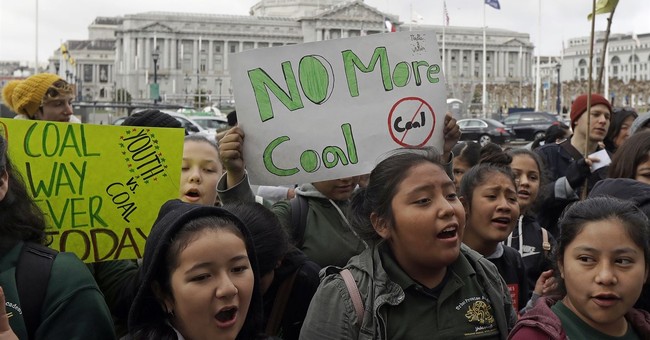On March 28, the Department of Commerce initiated a “circumvention inquiry” that opened the door to the imposition of retroactive duties (effective to the date the investigation was announced) of up to 250% on imports of key solar energy components from four Southeast Asian nations (Cambodia, Malaysia, Thailand, and Vietnam). This is no small matter. These countries provided an estimated 84% of all American imports of solar panels last year and half of the solar cells that are routinely relied upon by domestic U.S. solar panel manufacturers.
As a result of the immense uncertainty in cost unleashed by this decision, we are already seeing a dramatic and immediate decrease in the investment in and development of solar energy in the United States. After all, how do businesses approach financial decisions concerning investment in new solar projects when the costs are unknowable — and could more than double without notice?
The decision also has an immediate impact on the availability of new solar modules in the U.S., with global suppliers predictably choosing to ship their solar products to other nations where there is not the same risk of punitive tariffs. In a recent survey of over 400 companies, the Solar Energy Industries Association found that 78% of companies that purchase or use photovoltaic modules have been told expected shipments were canceled or delayed. More than 80% of domestic manufacturers, the group the Commerce Department action was supposedly intended to benefit, expect severe or devastating effects as they lose access to key solar components. Two-thirds of the companies responding to the survey report that 70% or more of their workforce is now at risk.
Officially, the Commerce Department is simply “investigating,” but the announcement in the Federal Register has peremptorily made the financial decisions critical to solar energy development perilous, if not impossible, for months to come. The result hamstrings an important driver of U.S. economic growth and job creation and a crucial part of any effective effort to address climate change. Not to mention that the U.S. trade repercussions of an adverse Commerce Department decision would extend well beyond Southeast Asia, affecting the whole of the renewable energy industry and undercutting both our economic goals and the climate imperative.

 www.washingtonexaminer.com
www.washingtonexaminer.com
As a result of the immense uncertainty in cost unleashed by this decision, we are already seeing a dramatic and immediate decrease in the investment in and development of solar energy in the United States. After all, how do businesses approach financial decisions concerning investment in new solar projects when the costs are unknowable — and could more than double without notice?
The decision also has an immediate impact on the availability of new solar modules in the U.S., with global suppliers predictably choosing to ship their solar products to other nations where there is not the same risk of punitive tariffs. In a recent survey of over 400 companies, the Solar Energy Industries Association found that 78% of companies that purchase or use photovoltaic modules have been told expected shipments were canceled or delayed. More than 80% of domestic manufacturers, the group the Commerce Department action was supposedly intended to benefit, expect severe or devastating effects as they lose access to key solar components. Two-thirds of the companies responding to the survey report that 70% or more of their workforce is now at risk.
Officially, the Commerce Department is simply “investigating,” but the announcement in the Federal Register has peremptorily made the financial decisions critical to solar energy development perilous, if not impossible, for months to come. The result hamstrings an important driver of U.S. economic growth and job creation and a crucial part of any effective effort to address climate change. Not to mention that the U.S. trade repercussions of an adverse Commerce Department decision would extend well beyond Southeast Asia, affecting the whole of the renewable energy industry and undercutting both our economic goals and the climate imperative.

Commerce Department puts solar industry on ice
The U.N. secretary-general recently warned that the world is “sleepwalking into a climate catastrophe.” So it is a tragic irony that the most immediate and sweeping threat to President Joe Biden’s clean energy and climate agenda comes not from the recent push for more fossil fuel development or the…

